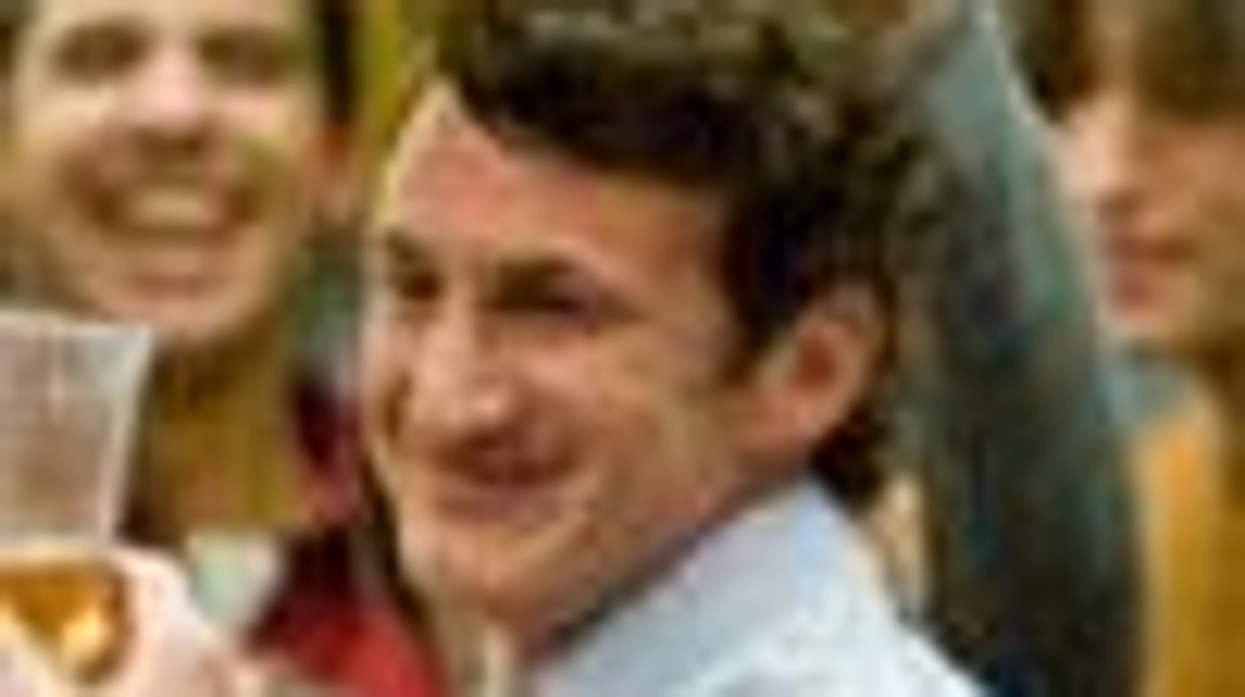San
Francisco's Castro district is bracing for a flood of
tourists after its star turn in Gus Van Sant's
biopic Milk. Shot on location, the movie stars
Sean Penn as Harvey Milk, one of the first openly gay
men elected to public office.
The most
anticipated queer flick since Brokeback
Mountain, it is more than just one man's story.
It is also a tale about the Castro's birth as a
center of gay politics and culture.
When Milk landed
in San Francisco in 1972, the gay community had just
begun to take hold in the Castro, then a waning
Irish-American enclave situated in Eureka Valley in
the heart of the city. From his camera shop Milk led
the area's gay transformation. Dubbed "the
Mayor of Castro Street," he harnessed his
popularity to win a board of supervisors seat in 1977.
A year later
Milk's dizzying rise to power was cut short when Dan
White, a former board colleague, assassinated Milk and
then-mayor George Moscone in their City Hall offices.
Van Sant's film brings to life this chapter in
gay history and re-creates Castro Street during its 1970s
glory days.
Travelers
prompted by the movie to head to the gayborhood, though,
will quickly realize that the film's
verisimilitude is merely movie magic. Here then is a
fact-versus-fiction guide to several locations depicted on
screen:
1. 575 Castro St.: Milk's Camera Shop
Currently home to Given, a high-end gift shop
with a mural of Milk, the film crew transformed it
back into Milk's camera shop and campaign
headquarters. A timeworn drawing of Milk keeps watch from a
second-floor window. An extra in one scene whom no one
recognized is said to have been Milk's ghost.
2. 400 Castro St.: Harvey Milk Plaza
The plaza named posthumously for Milk served as
the gathering point for several marches he led to City
Hall. During Milk's time the multilevel transit
station was under construction; today, a photographic
memorial of Milk's life is displayed in the
below-ground courtyard.
3. 440 Castro St.: Toad Hall bar
A facade of the infamous dance hall was
re-created at this site. But Toad Hall's real
address was 482 Castro St., a space that was swallowed up by
an expansion of Walgreens. The name has since been
appropriated for a bar on 18th Street whose owner
fondly recalls patronizing Toad Hall in Milk's
day.
Van Sant's Milk is scheduled for wide release
December 5.
4. 429 Castro St.: Castro Theatre
The 1920s movie palace's marquee and neon
sign were restored to their disco-era look for the
film. Van Sant used the roof to shoot scenes of TV
reporters covering the marches Milk led from the plaza
across the street.
5. 499 Castro St.: corner of 18th and Castro streets
This corner store space doesn't appear in
the movie but is being used to mount a special
historical exhibit tied to the release of Milk. The show
traces San Francisco's emergence as a gay mecca and
includes the suit Milk wore November 27, 1978, the day
he was killed.
6. 50 Scott St.: Harvey Milk Center for Recreational
Arts, Duboce Park
City officials renamed the center in
Milk's honor six months after his death. It
sits atop Duboce Park, where Milk, seeking media attention
for his law requiring dog owners to pick up their
pooches' poop, planted a pile of doggy do-do to
pick up for the cameras. The renovated center is set
to reopen in January with a new exhibit/art installation
about Milk. A 1988 outdoor mural about Milk was
painted over and replaced by a rendering of the
supervisor's quote "The American dream starts
with neighborhoods."
7. 1 Dr. Carlton B. Goodlett Place: San Francisco City Hall
The film crew gained access to the Beaux-Arts
style building's Manchurian oak-paneled
board chambers for filming, and other scenes were shot
throughout the landmark building's marble corridors.
Atop the grand staircase underneath the ceremonial
rotunda -- where gay and straight couples hold wedding
ceremonies -- sits a bronze memorial bust of a smiling
Milk, his tie blown backward by the wind. It is the first
such tribute to a gay American to be placed in a seat
of government.
Van Sant's Milk is scheduled for wide release
December 5.




































































Charlie Kirk DID say stoning gay people was the 'perfect law' — and these other heinous quotes